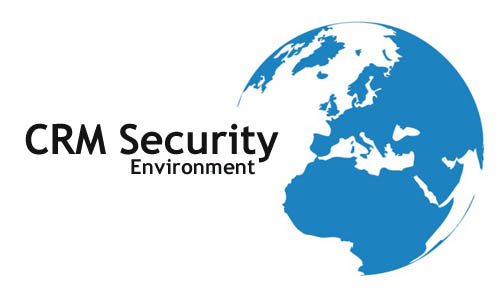
Security for CRM Environment
Customer Relationship Management software has been a buzzword in the Information Technology industry for quite a few years now. Many companies are looking at how CRM can help make them more successful by providing an extensive customer information database in which Sales, Marketing, Service, and other departments can use a variety of ways to better serve the customer. In today's competitive marketplace, good customer service is extremely important. There are many software vendors selling CRM software packages that offer
What is CRM (Customer Relationship Management)?
CRM has a different definition for every company. I would best explain CRM as a combination of processes, polices, and technology that is driven by business philosophy centered on the customer. A company that wants to implement CRM is attempting to fully satisfy, understand its current customer base, and attract more customers. By optimizing the business model the company hopes to make its relationship with the customer satisfying. This helps the company save money, and generate more revenue by understanding the customer demographic better.
Try our unified customer experience platform.
Deliver an exceptional experience to every customer across all stages of their lifecycle & convert them into brand advocates
Physical Security

Our data centers are hosted in some of the most secure facilities available today in locations that are protected from physical and logical attacks as well as from natural disasters such as earthquakes, fires, floods, etc.
Network Security

Our network security team and infrastructure helps protect your data against the most sophisticated electronic attacks. The following is a subset of our network security practices. These are intentionally stated in a very general way, since even knowing what tactics we use is something hackers crave. If your organization requires further detail on our network security, please contact us.
Redundancy & Business Continuity

One of the fundamental philosophies of cloud computing is the acknowledgment and assumption that computer resources will at some point fail. We have designed our systems and infrastructure with that in mind.
Try our unified customer experience platform.
Deliver an exceptional experience to every customer across all stages of their lifecycle & convert them into brand advocates

